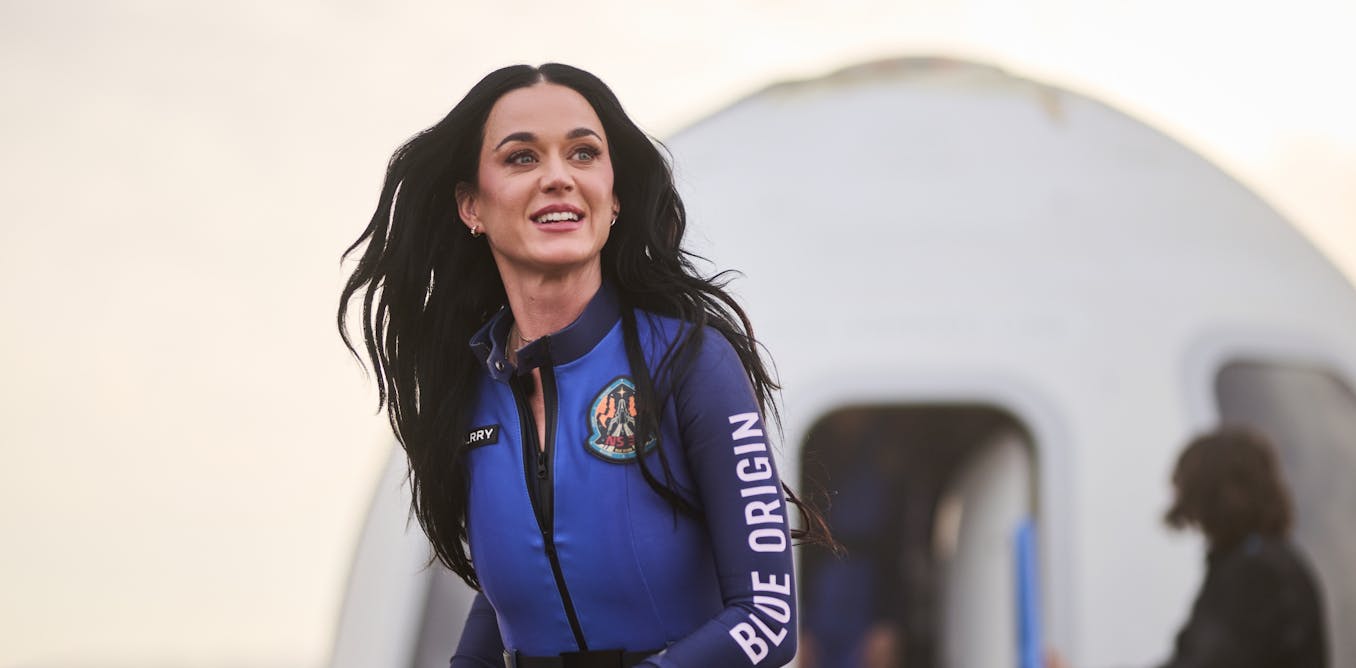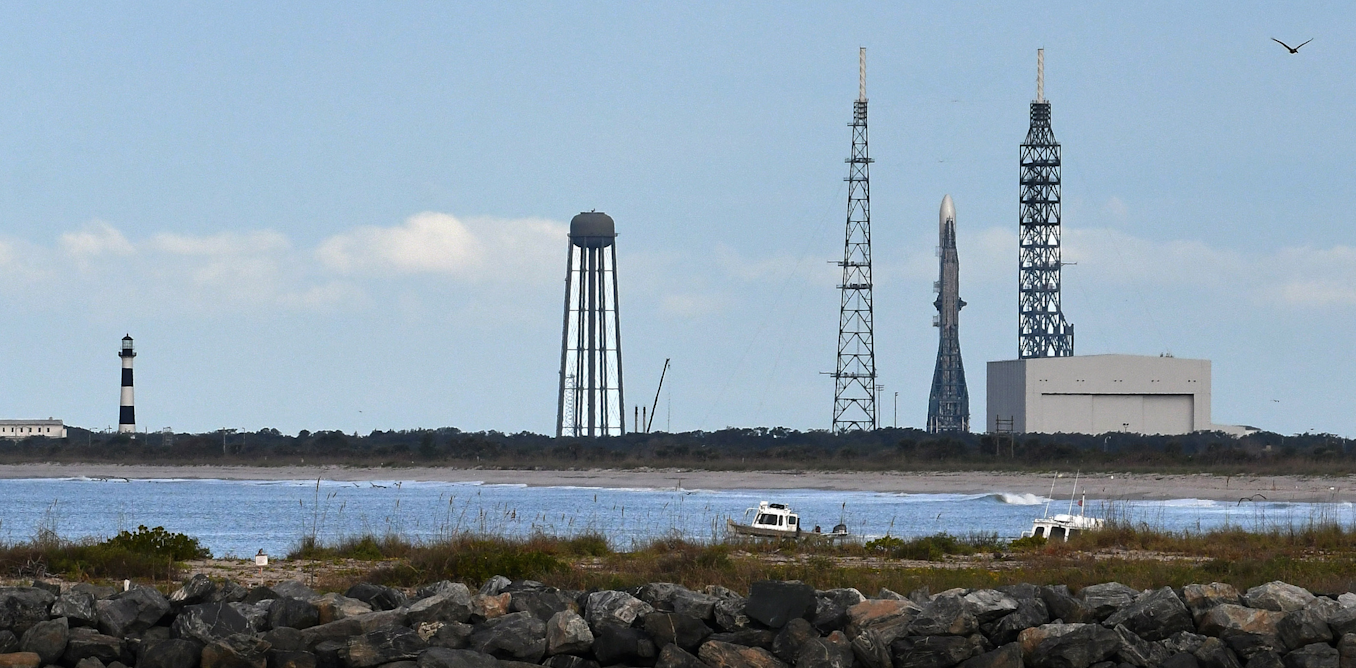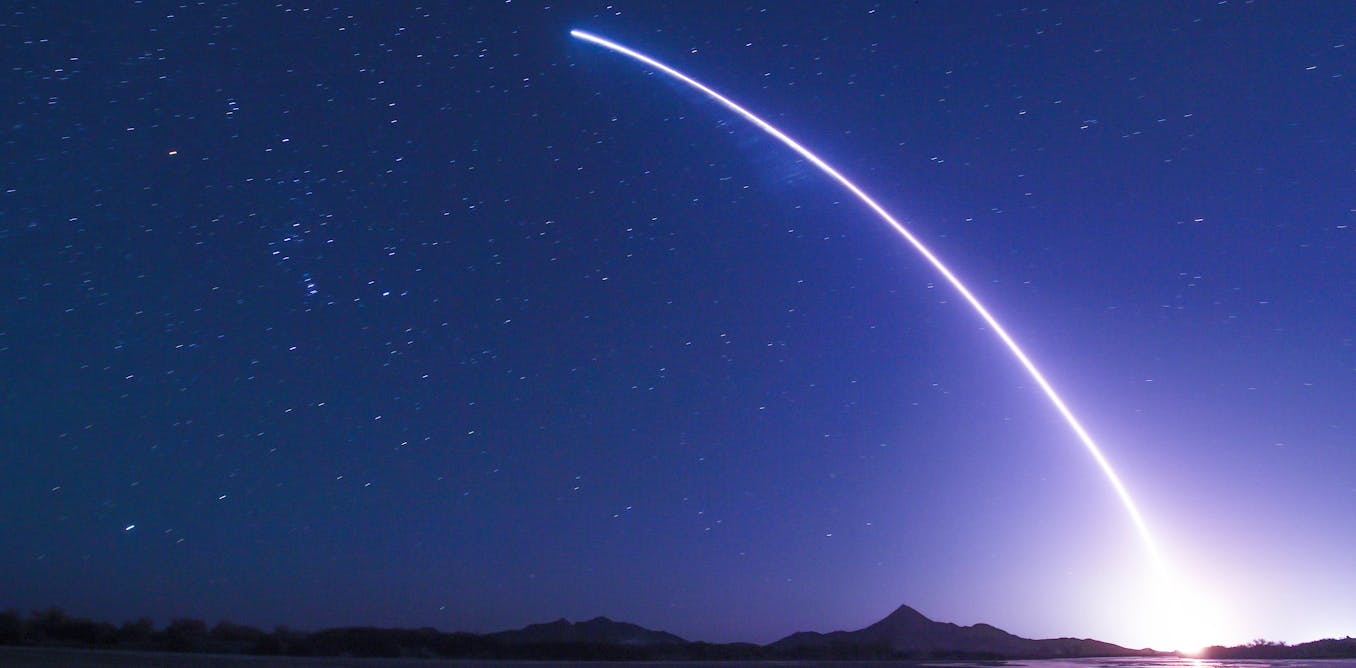Bezos’ Blue Origin has successfully launched its New Glenn rocket to orbit − a feat 15 years in the making
Even without recovering New Glenn’s reusable booster, Blue Origin has joined the ranks of commercial companies with rockets able to launch into orbit.
Jan. 16, 2025 • ~8 min
Nuclear rockets could travel to Mars in half the time − but designing the reactors that would power them isn’t easy
Sending a nuclear fission reactor into space means lots of technical questions. One research group is coming up with models that could improve how a nuclear rocket starts up and powers down.
Oct. 4, 2024 • ~9 min
China's new space station opens for business in an increasingly competitive era of space activity
China has completed construction of the Tiangong space station, and science projects are now underway. The station is an important piece of China’s ambitious plans for space activity in coming years.
Dec. 9, 2022 • ~9 min
An asteroid impact could wipe out an entire city – a space security expert explains NASA's plans to prevent a potential catastrophe
NASA has only mapped 40% of the potentially dangerous asteroids that could crash into Earth. New projects will boost that number, and upcoming missions will test tech that could prevent collisions.
March 1, 2022 • ~10 min
Have we made an object that could travel 1% the speed of light?
The fastest things ever made by humans are spacecraft, and the fastest spacecraft reached 330,000 mph – only 0.05% the speed of light. But there are ways to go faster.
Nov. 15, 2021 • ~5 min
A small telescope past Saturn could solve some mysteries of the universe better than giant telescopes near Earth
Such a mission could be developed soon, allowing astrophysicists to take selfies of the solar system and use the Sun’s gravity as a lens to peer deep into space.
Nov. 1, 2021 • ~9 min
/
2








